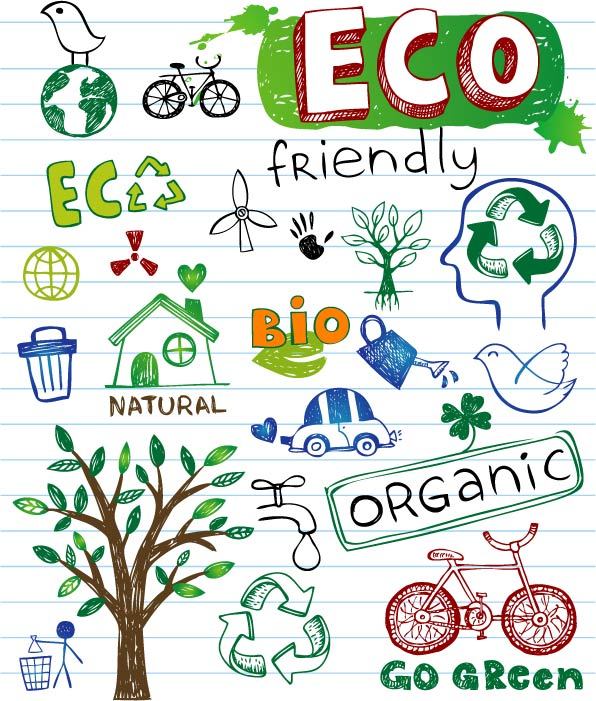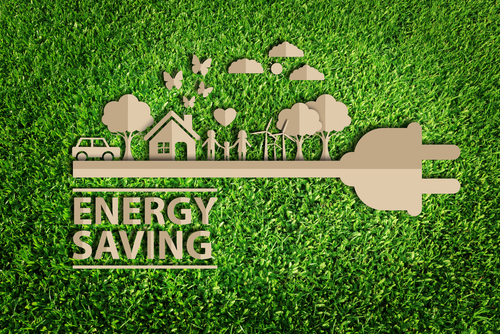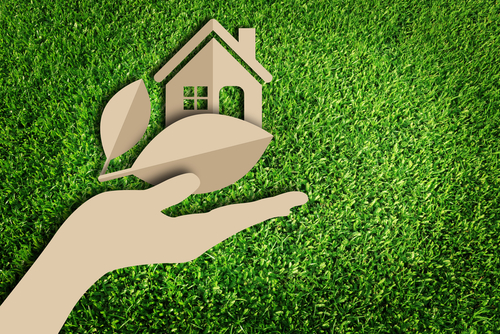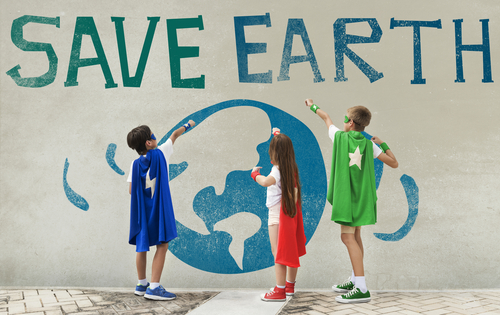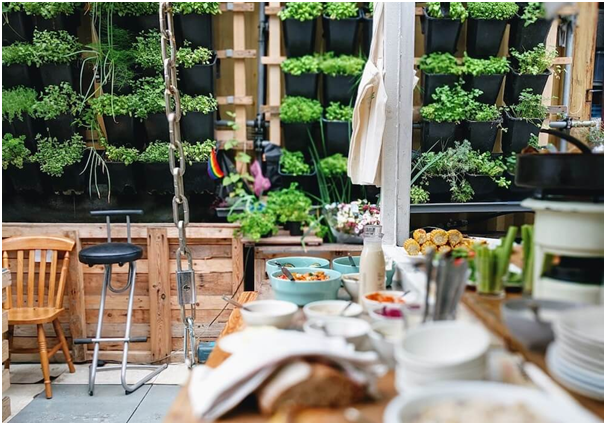Climate change is real, and going green is not just a fad. Being eco-friendly should be a way of life, a choice, and a conscious effort to help sustain the world we live in, for ourselves and for the future generation. The good news is that you don’t need to be somebody with power and influence to make a difference. You can start with small changes: through yourself and your family and in your home! Setting a good example to children is the best way to foster sustainable living.
Here are easy tips that you can follow to go green at home:
1. Conserve Energy
The best part about conserving energy is that you’re saving money as well. Here are ways that you can do this at home:
Unplug all electronic devices that are not in use. Studies show that appliances and accessories that are plugged, even if they are not switched on, still take up energy. Always make it a habit to check if you have unplugged your electronic devices before you leave your house or when you’re done using them.
Invest in energy-saving tools and accessories, such as green laser levels. Green laser levels are more easily detected by the human eye; hence, you won’t use as much energy as you would with red lasers. You can ask your go-to hardware and appliance store about other energy-efficient products as well.
Switch to energy-saving lights such as LEDs and compact fluorescent light bulbs (CFL).
When the sun is out, dry your clothes in the clothesline, instead of the dryer.
2. Grow Your Vegetables
If you have a lawn that you can convert into a garden, grow your own vegetables. If your space is quite small, you can grow herbs and vegetables, such as tomatoes, in a small plant bed. When you grow your own produce, you are ticking them off your grocery list and you’re practicing sustainability.
Produce in the supermarket uses:
1.Harmful pesticides and fertilizers, which are bad for the environment and for you
2. Tons and tons of water to wash and keep these vegetables fresh
3. Unnecessary plastic or paper packaging
Growing your vegetables at home guarantees its freshness and quality, too, as you can harvest them as needed and you can be sure of what went into your plants.
3. Turn Off the Lights as You Leave
Switching off lights as you leave a room may sound like a pretty basic thing to do, but most homeowners neglect this. Especially when you are in a rush, this is one of the things you forget to do. When not in use, switch off your lights to conserve energy. Here are some other things you can do:
Leave your lights off during the daytime.
Open your windows and allow natural light to come inside your home.
If you’ll have a home renovation in the future, check with your architect (and even online!) for ways to remodel your house that allow more natural light and natural air in, making your home design an eco-friendly one.
4. Save Water
You may think that the world has an abundance of water, but no, that’s not the truth. Your home may have a steady supply of water; however, some homes in other parts of the world don’t have water at all. Therefore, conserve water as much as you can.
Here are ways for you to conserve water:
Lessen your shower time. Case in point: You don’t need to keep your shower running while you’re soaping yourself – or singing in the bath.
Use pails and dippers when washing your car or watering your plants instead of a water hose to lessen your water consumption.
Choose plants for your home that do not need watering every so often. Your plant provider or landscaper can give you ideas on this.
5. Invest in Reusable Water Bottles for Everyone in the Family
Set the example for your family by purchasing reusable water bottles for everybody. Water bottles are even good Christmas gifts or stocking fillers. It’s a reality that most individuals neglect the purchase of reusable containers and go for the convenience of buying single-use bottled water from the school or office cafeteria. You can break this habit and cycle by including a reusable water bottle into everybody’s lunch box, so they have their own water to bring to school or work. It will save you all those extra pennies, too.
6. Pay Your Bills Online
Imagine how much paper a utility company will no longer have to use if all their subscribers decide to go paperless. Paying online gives you the following benefits:
You eliminate multiple sheets of paper that you just throw away after paying your bills.
You save so much time as you don’t have to wait through long lines.
You don’t have to spend for gas or for public transport as you can pay your bills in the comfort of your home.
7. Make Your Own Cleaning Supplies
Cleaning supplies use a lot of toxic chemicals, come in packaging that you throw away once the product has been used up, and are also quite expensive. You can put a stop to purchasing these products when you learn to make your own. When you take a look around your kitchen, you’ll realize that you have an abundance of ingredients for your DIY cleaning supply.
A sample DIY all-purpose cleaner recipe will include 4 tsp of baking soda, 1 tsp of white vinegar, 1 quart of water, a drop of essential oil, and a drop of dish soap.
Living an eco-friendly lifestyle is more than just recycling. It involves conscious and deliberate decisions in your day-to-day actions to help maintain and preserve a healthy environment for you and the future generations to enjoy.

